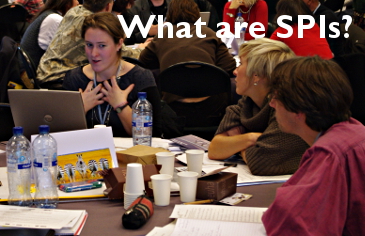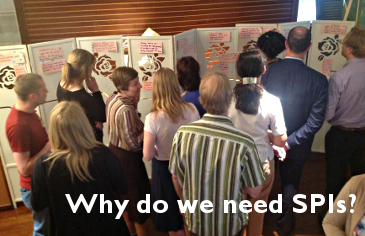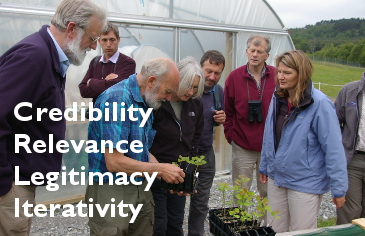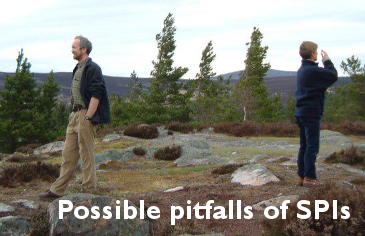Biodiversity is threatened today more than ever before, as species become endangered in ever greater numbers, and entire ecosystems are degraded or destroyed.
The sustainable use and conservation of biodiversity depends not only on individuals changing their attitudes and lifestyles but also on the actions of policy makers at all levels and in all sectors of government, and on behaviour of other actors whose decisions can have significant impact on biodiversity. It is clear that decision makers need access to the best available knowledge in order to make wise choices, and this is where the concept of the science-policy interface (SPI) comes into play. SPIs are a necessary (albeit not sufficient) ingredient of effective environmental governance and, moreover, they can contribute to reinforcing two other equally important factors: political will and public support.
SPIRAL is a FP7 funded project that studies these “Science Policy Interfaces” between biodiversity research and policy to draw lessons and improve the conservation and sustainable use of biodiversity.










